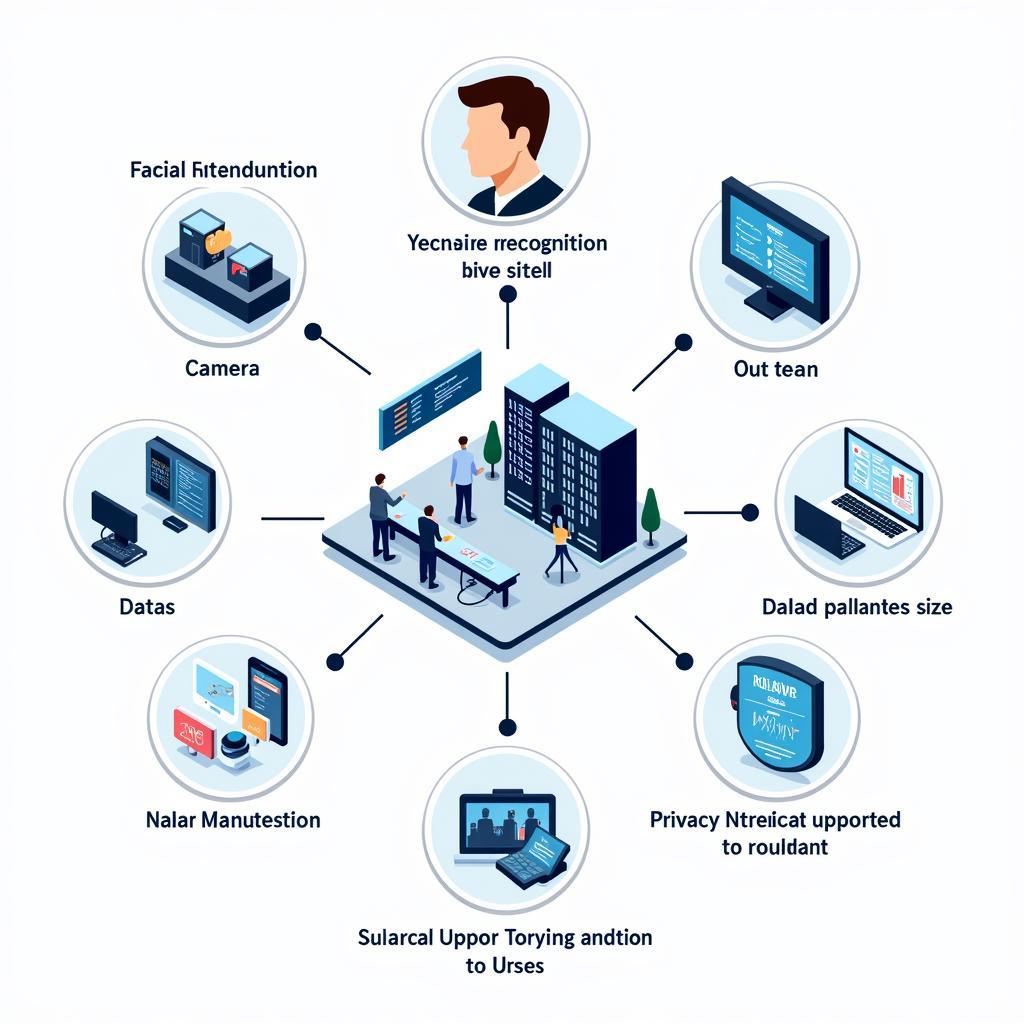 Comprehensive overview of AI surveillance systems in modern law enforcement
Comprehensive overview of AI surveillance systems in modern law enforcement
Reading Passage 1 – Artificial Intelligence in Modern Policing
Recent developments in artificial intelligence have revolutionized law enforcement practices, raising important ethical considerations. Similar to How AI is enhancing public safety in urban areas, these technological advancements present both opportunities and challenges. Facial recognition systems and predictive policing algorithms are now commonplace in many jurisdictions, fundamentally altering how law enforcement agencies operate.
The implementation of AI in policing has demonstrated significant benefits in crime prevention and investigation efficiency. However, concerns about privacy rights and potential biases in AI systems have emerged. For instance, machine learning algorithms used in surveillance systems may inadvertently perpetuate existing societal prejudices. As explored in The role of AI in reducing urban crime, these technologies require careful oversight and regulation.
Questions 1-5 (Multiple Choice)
Choose the correct answer A, B, C, or D.
- According to the passage, what is the main concern regarding AI in law enforcement?
A) Cost of implementation
B) Privacy and bias issues
C) Technical limitations
D) Staff training requirements
[Continue with remaining questions and passages…]
Reading Passage 2 – Privacy Implications and Data Protection
The extensive deployment of AI surveillance systems has triggered debates about personal privacy and data protection. Building on Impact of artificial intelligence on public safety, law enforcement agencies must balance security requirements with civil liberties. Biometric data collection and automated decision-making systems have become particularly contentious issues.
[Continue with passage and questions…]
Reading Passage 3 – Future Perspectives and Regulatory Frameworks
As AI technology continues to evolve, the need for comprehensive regulatory frameworks becomes increasingly apparent. Similar to Impact of big data on urban planning, establishing clear guidelines for AI use in law enforcement is crucial. Ethical guidelines and accountability measures must be implemented to ensure responsible deployment of these technologies.


